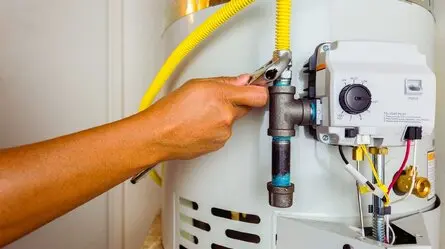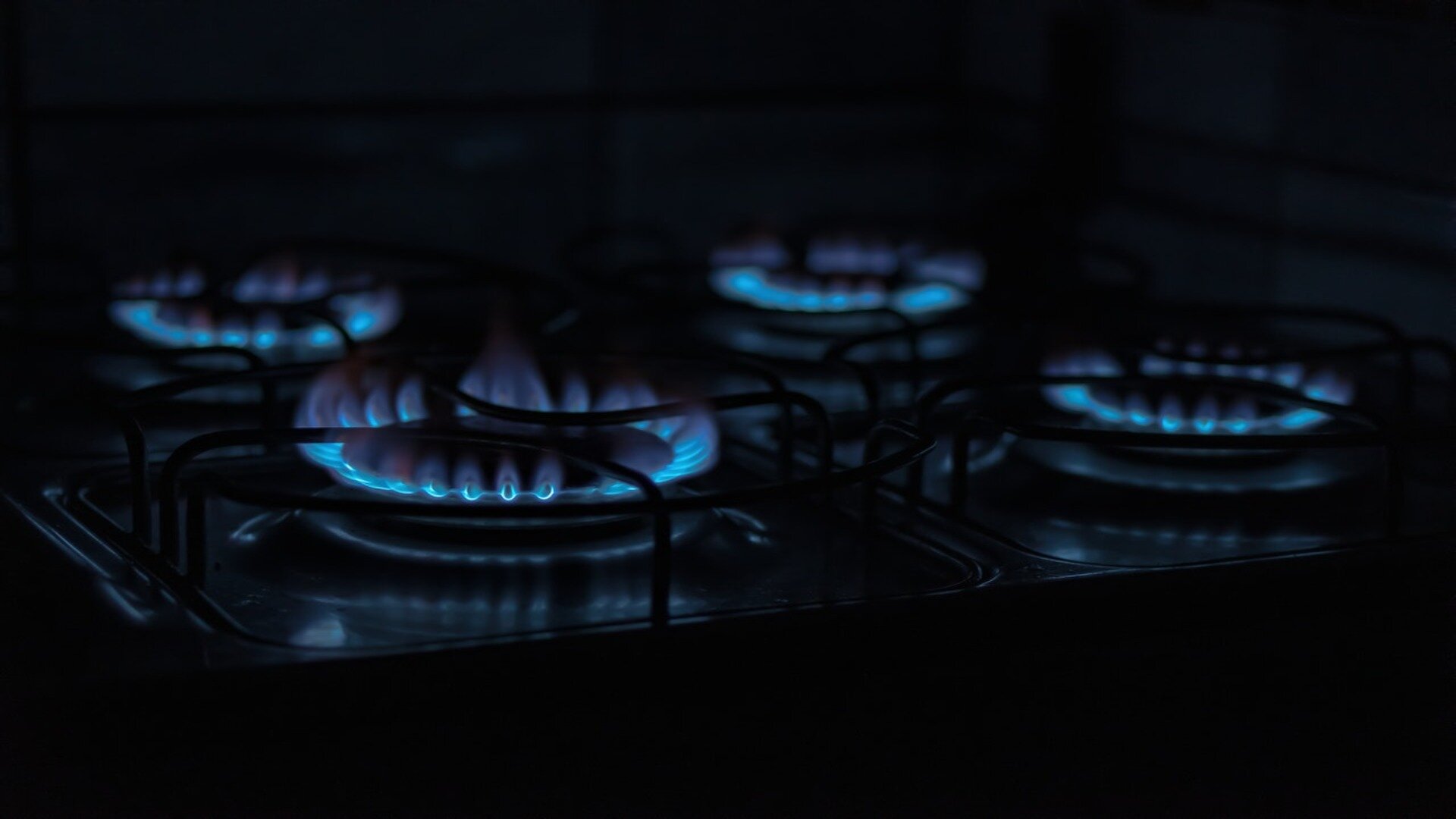
Converting your home to utilise natural gas for heating, cooking, and other energy needs involves transitioning from electric or oil-powered systems to gas-powered appliances and equipment. Whether you want to improve your home’s energy efficiency, lower utility costs, or reduce its environmental footprint, switching to a natural gas-powered home could provide numerous benefits.
Many homeowners switch to natural gas to save money and boost the performance of their appliances. Generally, gas proves more economical than electricity for heating water, warming spaces, cooking, and even drying clothes. This cost-effectiveness makes it a popular choice.
In addition, high-efficiency natural gas equipment earns the Energy Star rating for its enhanced energy efficiency compared to conventional models. Investing in energy-efficient natural gas appliances and systems can turn your home into an increasingly energy-efficient and cost-effective gas-powered home.
So, if you’re wondering, “How do you convert your home to natural gas?” We will walk you through all aspects of planning and completing a natural gas conversion for your home.
What Is Natural Gas?
Natural gas is an abundant, domestically produced energy resource that provides heat and inefficient power generation to homes and businesses across the country. It differs from electricity because natural gas is delivered through underground pipelines rather than power lines. Still, it can be just as effective for heating, cooking, and various other energy needs.
Natural gas burns cleaner than coal or oil, earning its reputation as a more environmentally friendly choice. When used for tasks like heating water, heating spaces, cooking, or drying clothes, it generates fewer emissions and less energy consumption compared to other fossil fuels.
In addition, natural gas utilities are working to incorporate more renewable energy, like renewable natural gas, into their infrastructure, which will further reduce the environmental impact over time. As new renewable natural gas sources come online, including biogas recovered from landfills and dairy farms, natural gas is evolving into an even more sustainable and less energy option.
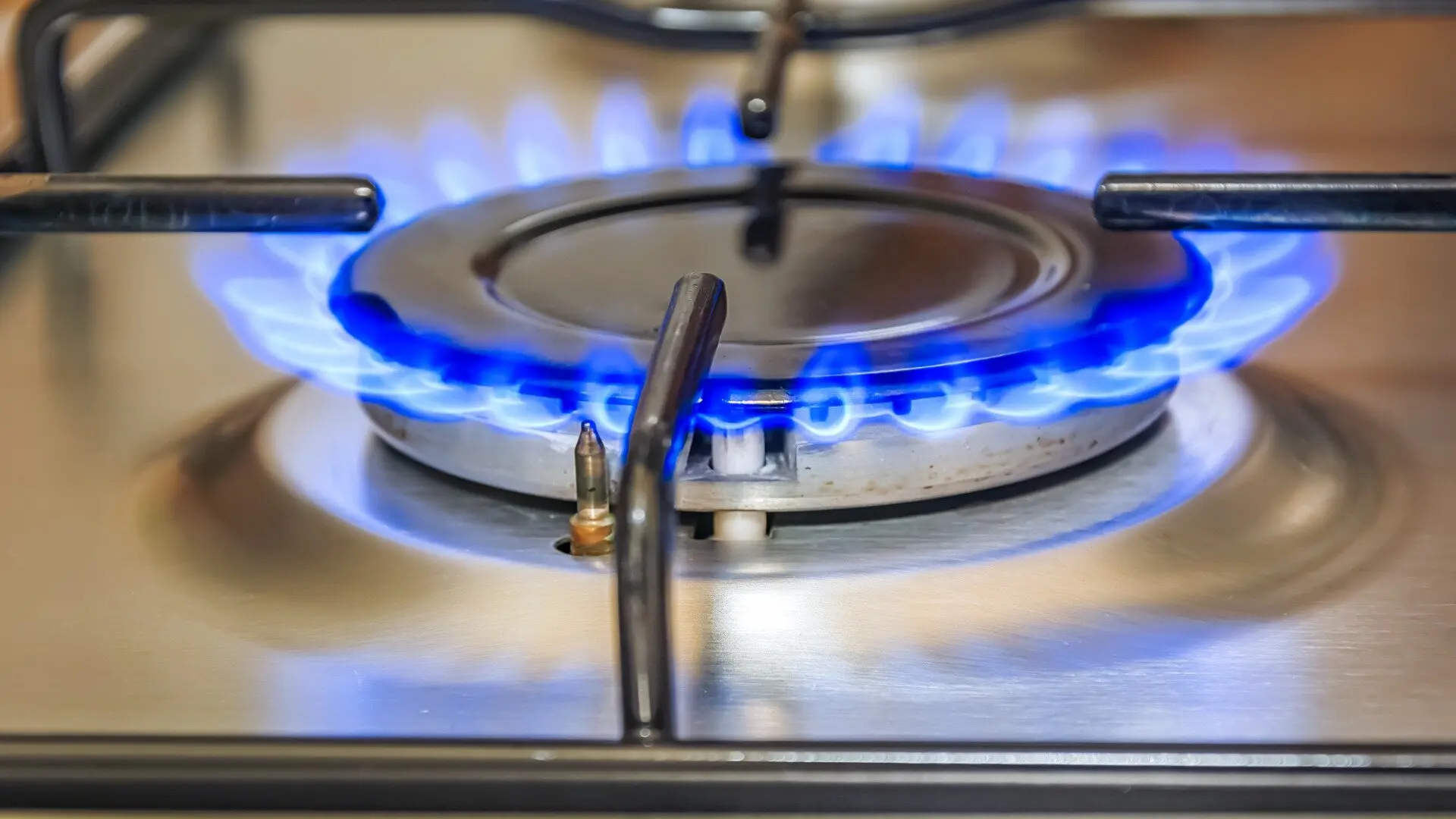
Understanding the Benefits of Natural Gas
What Makes Natural Gas Cost-Effective and Efficient
Natural gas is a cost-effective energy source that can provide significant savings for homeowners. When used for heating or appliances, it burns much cleaner than oil or propane, resulting in lower carbon emissions into the air compared to other fossil fuels. Homes using natural gas for heating also have a smaller environmental footprint than electric-heated homes.
Switching from outdated systems to high-efficiency natural gas equipment can significantly reduce energy costs. For instance, if you have older furnaces or water heaters, making this change could cut your utility bills by up to 30%. Modern gas appliances are designed to be more efficient and eco-friendly than their older counterparts.
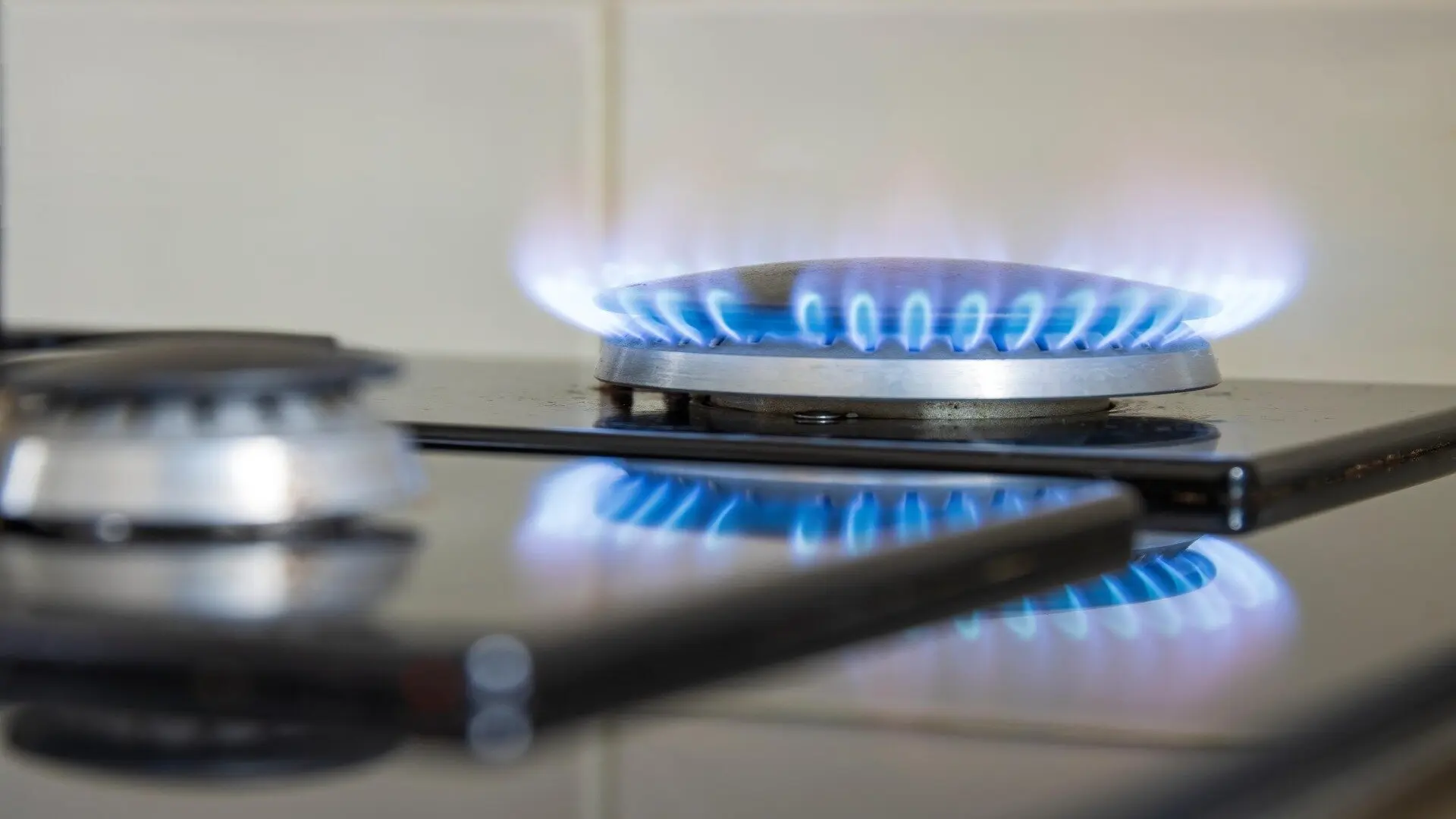
Making the Switch to Cleaner, Affordable Energy
Installing a new gas meter allows homeowners to easily start benefiting from natural gas. It can replace old, underperforming equipment with new, reliable natural gas models. Over the long run, using gas heating and appliances reduces a home’s environmental impact versus staying on electric or other fuels.
Working with your local natural gas utility facilitates a smooth conversion process. They aim to help more customers save on bills while lowering emissions through cleaner natural gas. With the utility’s assistance, existing homes can be upgraded to enjoy the benefits of affordable, efficient natural gas service for years to come.
Assessing Feasibility and Connecting to the Gas Line
To start converting to natural gas, check if it’s available in your area. Reach out to your local gas company to ask about nearby infrastructure and any upcoming expansion plans. They handle the fuel pipes for homes and businesses, so keeping in touch with them is key.
Critical questions for the company include whether the property can tap into an existing natural gas main. If not, homeowners must understand any associated costs for installing a new gas pipe to run from the main line. Getting an accurate quote is essential for budgeting the conversion project.
They may also need to conduct a site survey to evaluate property specifics. This accurately assesses installation requirements and costs before beginning the conversion process. Be prepared to obtain necessary permits from the local municipality or building department.
Once approvals and estimated fees are in place, homeowners can coordinate a start date for installing and connecting the new gas pipe to the leading natural gas line supplying their neighbourhood. Home builders rely on local natural gas companies to assess feasibility and connect new construction projects during development.
Upgrading To New Appliances And Equipment
Once the natural gas lines are installed throughout the home, upgrading existing electric appliances is time. Replacing old systems with high-efficiency gas models maximises the energy and cost-saving potential of undergoing a natural gas converting project.
Gas furnaces, water heaters, stoves, heaters and fireplaces significantly lower utility bills than electric alternatives. For example, a gas furnace operates at around 95% when converting fuel to heat, whereas a heat pump typically ranges from 250-300% efficiency. Similarly, gas water heaters often cost half the cost to run long-term versus electric water heaters.

Transitioning the kitchen from an electric system to gas stoves or induction cooktops enhances cooking power and control. New gas appliances should meet EPA standards to qualify for the top Energy Star ratings, reducing consumption.
Consulting gas line and ventilation installation experts ensures that any modifications made to natural gas lines within walls comply with indoor air quality codes. This helps the conversion pay for itself over the lifetime of the efficient gas equipment rather than relying solely on an electric system. Proper upgrades maximise the energy and environmental benefits achieved through the natural gas converting process.
The Installation Process and Safety Measures
Hire a licensed plumber or HVAC contractor experienced in natural gas conversion to install the appliance. They’ll first run a new gas line from the home’s exterior gas meter into the interior spaces where appliances will sit. Proper venting and safety shut-off valves must be installed on furnaces, water heaters and other fuel-burning devices.
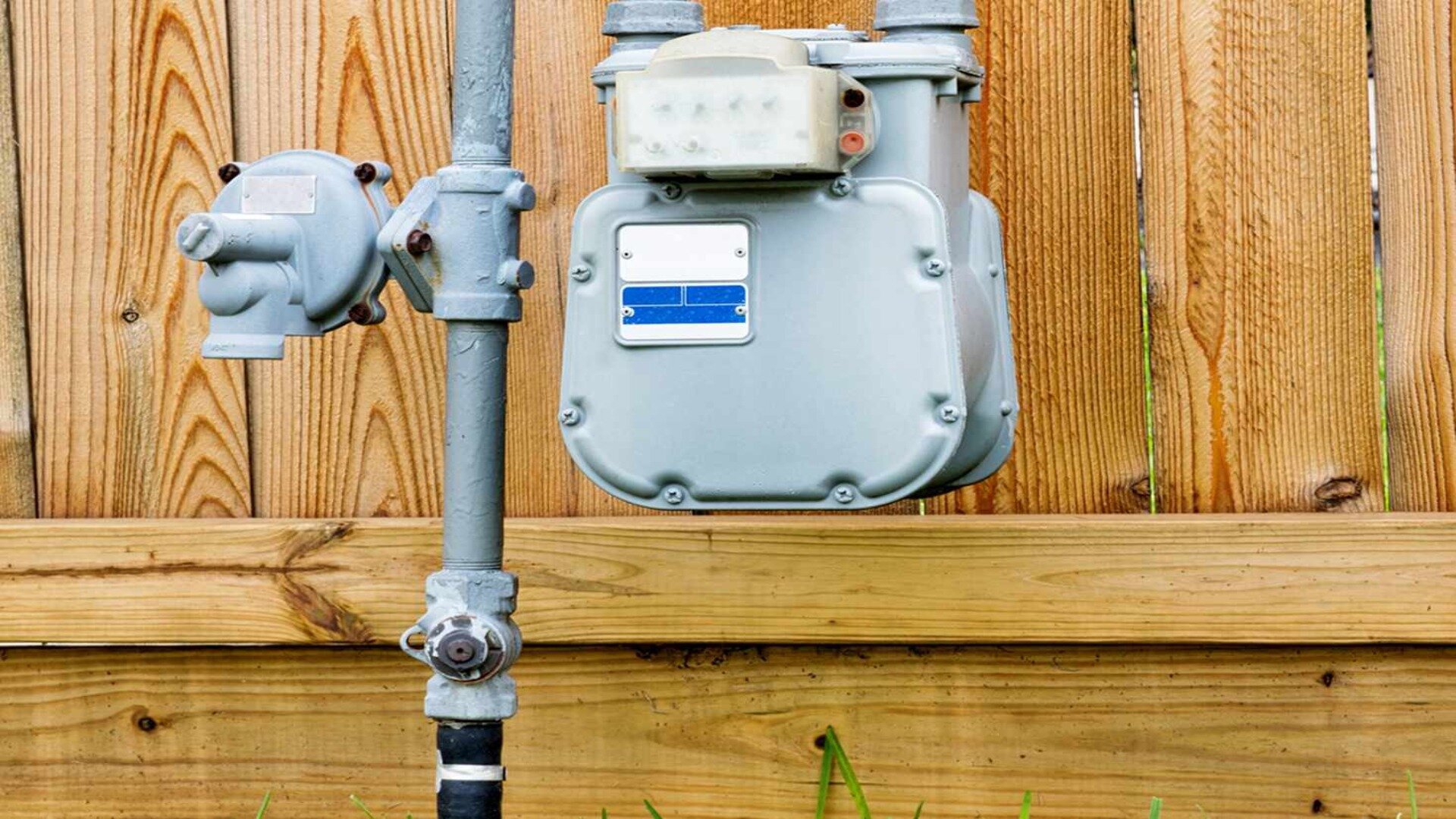
To detect hidden gas leaks, contractors will apply a solution to new pipes and connections before pressuring the system. Carbon monoxide detectors should also be installed on each level of the home for added protection. Once inspected by the gas company and local code officials, the new gas system can be activated. Safety should always be the top priority, so be sure your contractor takes the necessary precautions throughout the job.
Decommissioning Existing Systems
Oil tanks or electric supply lines serving outdated equipment need proper decommissioning to fully transition to natural gas. To avoid contamination, contact local environmental agencies about oil tank removal procedures.
Convert To Natural Gas Today!
Electric supply lines no longer in use should be disconnected at the circuit breaker. This ensures they don’t become unfamiliar with live wires down the road. Properly capping off unused gas and water lines avoids future confusion over undocumented pipes. Making careful records of all system modifications simplifies future repairs or updates for your home’s next owners.
Making the switch to natural gas offers lasting savings and environmental benefits. To see if your property can make the change, get in touch with your local gas provider. A certified contractor can provide an on-site evaluation for accurate cost estimates on the conversion.
For many years, Woolf Plumbing has assisted residential and commercial customers in Perth with safely and efficiently upgrading to natural gas. Their licensed plumbers are fully experienced in all aspects of natural gas installation, from setting up new distribution lines to upgrading indoor appliances.
Frequently Asked Questions About Converting to Natural Gas
What is the role of a natural gas utility company in the conversion process?
When converting to natural gas, a utility company plays a vital role. They provide the necessary infrastructure to connect your home to the natural gas main, including gas lines and meters. Contact your local natural gas utility company to inquire about the conversion process and any specific requirements.
Can I keep my electric heat pump if I switch to natural gas?
You can keep your electric heat pump even after converting to natural gas. Combining a heat pump with a natural gas furnace can provide a highly efficient dual-fuel heating system. This setup allows you to use the heat pump during milder weather conditions and the natural gas furnace when temperatures drop significantly, maximising energy savings.
How do I convert my home from oil heat to natural gas?
Converting from oil heat to natural gas involves several steps. First, contact your local gas utility company to confirm natural gas availability in your area. Next, you’ll need to hire a licensed professional to remove the old oil tank and install a new gas line and meter. Finally, you can replace your oil-based heating system with a natural gas heater or furnace, enjoying cleaner and more efficient heating.
What are the advantages of using a gas heater over other heating options?
A gas heater offers several advantages over alternative heating methods. It provides faster and more consistent heating, allowing you to enjoy a comfortable living environment. Gas heaters are also energy-efficient, resulting in lower utility bills. Gas heaters also produce fewer harmful chemicals and emissions than other heating sources, promoting a healthier indoor environment.
Can I use natural gas to power my water heater?
Absolutely! Natural gas is commonly used to fuel water heaters and is an excellent choice for an efficient and reliable hot water supply. Switching to a natural gas water heater allows you to enjoy faster heating times, continuous hot water availability, and potential cost savings compared to electric water heaters.
What are induction cooktops, and can natural gas power them?
Induction cooktops are a modern and energy-efficient alternative to traditional electric or gas cooktops. They use electromagnetic technology to heat cookware directly, offering precise temperature control and faster cooking times. However, induction cooktops typically require electricity and cannot be directly powered by natural gas.
Why do people associate the smell of rotten eggs with natural gas?
The distinct smell of rotten eggs is often associated with natural gas because utility companies add a mercaptan chemical. Mercaptan has a strong odour similar to rotten eggs, making it easier to detect gas leaks. If you ever notice this smell, it’s essential to leave the area immediately and contact your gas utility company or emergency services to address the potential gas leak.




